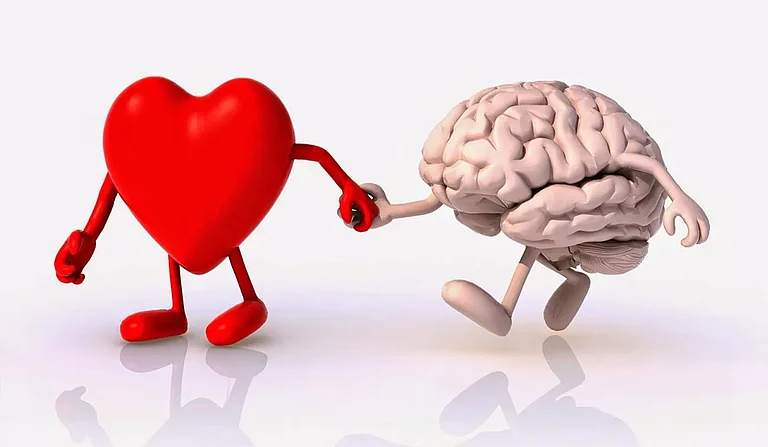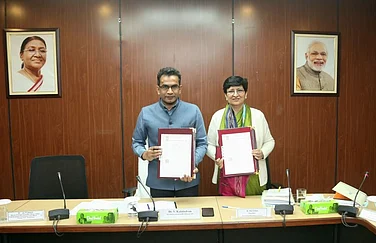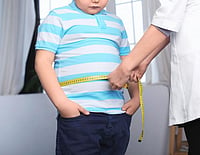Just 7,000 steps a day — that is the magic number. Not 10,000. Not a high-intensity marathon. A new study published in the Lancet Public Health has said that simply 7,000 daily strides could cut one’s risk of early death by a staggering 47%, reduce cardiovascular disease by 25%, slash cancer-related deaths by 37%, and even lessen the shadow of dementia by 38%.
This landmark meta-analysis titled ‘Daily steps and health outcomes in adults: a systematic review and dose-response meta-analysis’ has aggregated a decade’s worth of data from 1.6 lakh participants, spanning 57 studies and over ten countries, in what experts are calling one of the most comprehensive evaluations of movement and mortality in medical history.
The study also bust the general myth that walking 10,000 steps per day is must for good health.
Professor Melody Ding from the University of Sydney’s School of Public Health, a lead author of the study says, “Walking 7,000 steps is not just achievable, it’s transformative.”
“The simplicity of this habit masks the sheer scale of its power.”
Indeed, the benefits stretch far beyond the heart. The study reveals a 22% reduction in depression symptoms, solidifying the growing evidence that movement — even in modest doses — can uplift both mind and body.
While the certainty of evidence ranges from moderate to low across different outcomes, the overall message rings clear: Motion is medicine, and progress, not perfection, is the goal.
Dr. Katherine Owen, co-author and chief analyst of the study, added, “For individuals already meeting the 7,000-step mark, pushing towards 10,000 steps is a good goal, but the additional benefits for most health outcomes beyond 7,000 steps are modest.”
In an age when sedentary lifestyles have become the norm, these findings arrive as both a warning bell and a clarion call. The research is now being used to inform national health guidelines in Australia, with implications likely to ripple across the globe — including India, where lifestyle-related diseases continue to rise.
In the end, no prescription may be as universally accessible, affordable, and effective as this: Get up. Get out. And start walking. Your life may just depend on it.



























